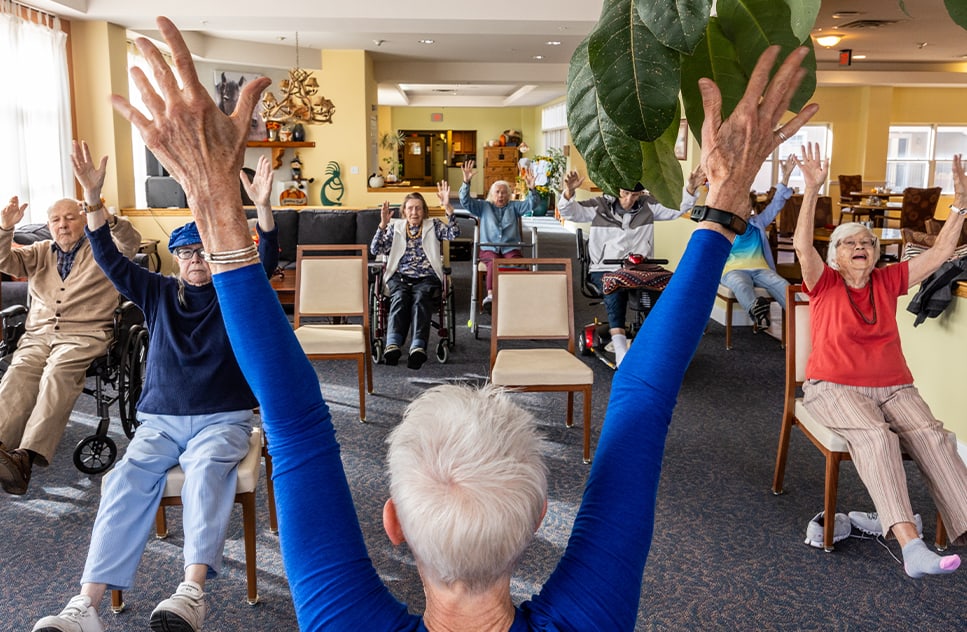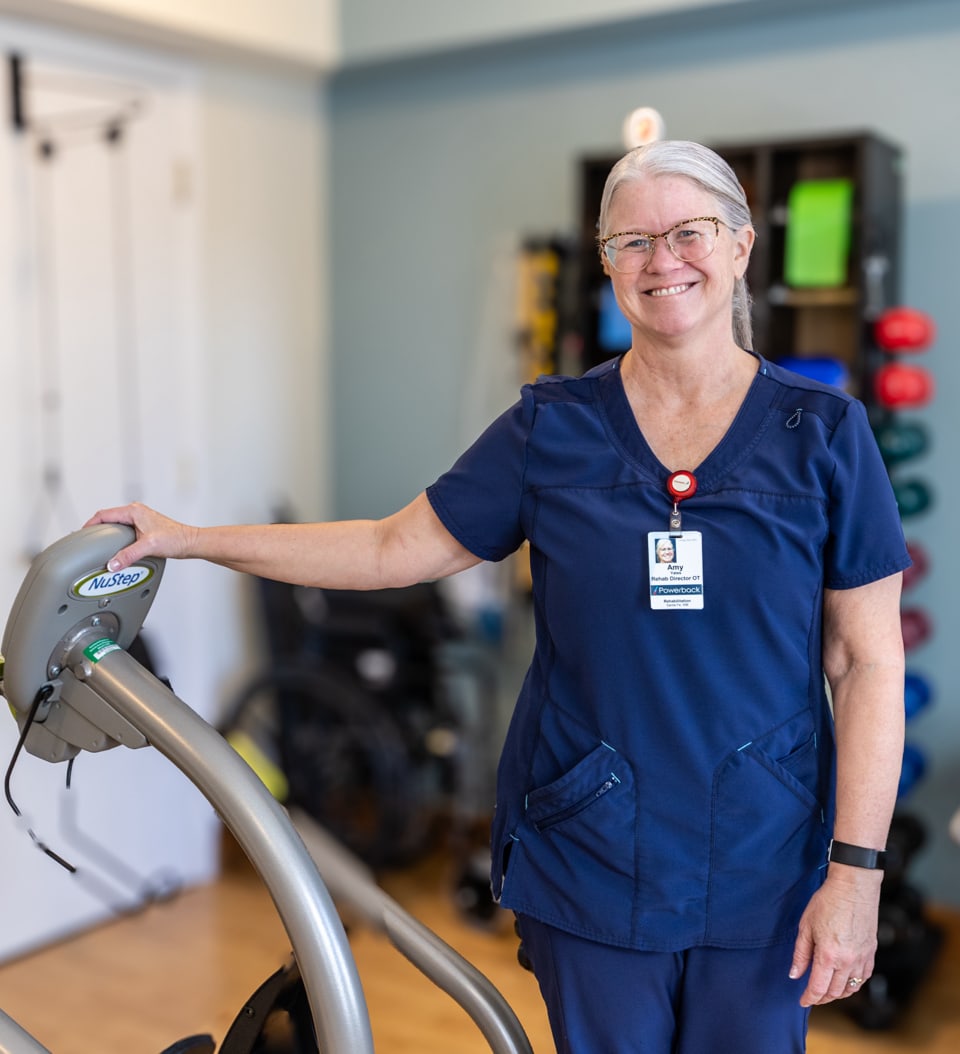Key Takeaways
- Caregiver burnout develops gradually through four stages — warning, control, survival, and burnout — each marked by increasing emotional and physical strain.
- Early signs like fatigue, irritability, and withdrawal often appear long before full burnout sets in.
- Recognizing these stages early allows caregivers to set boundaries, seek support, and prevent crisis-level exhaustion.
- Respite care and professional guidance can play a vital role in helping caregivers recover balance and maintain quality care for loved ones.
- Taking care of yourself is not selfish — it’s essential to sustaining both your health and your loved one’s well being.
Understanding Caregiver Burnout
Caregiving is an act of love that requires dedication and resilience. The role can be deeply fulfilling. However, Many caregivers dedicate so much of themselves to caring for others that they overlook their own needs, leading to burnout.
Caregiver burnout is a state of physical, emotional, and mental exhaustion caused by the prolonged stress of caring for another person. It can affect both family caregivers and professionals, often developing gradually over time. Understanding the stages of caregiver burnout helps you recognize symptoms early, prevent decline, and seek support before reaching crisis levels.
Caregiver burnout doesn’t happen overnight. It typically unfolds in 4 distinct stages:
- Warning Stage
- Control Stage
- Survival Stage
- Burnout Stage
By learning to recognize these stages, you can take preventive steps to avoid reaching the final stage, protecting both your own health and the well-being of the person you care for.
What is Caregiver Burnout?
Caregiver burnout happens when ongoing caregiving stress leads to emotional exhaustion, reduced empathy, and physical fatigue. It differs from short-term stress because recovery becomes difficult without external support or rest.
Over 60% of caregivers experience symptoms of burnout at some point, including fatigue, sleep issues, and anxiety. Healthcare experts emphasize that early recognition and access to respite care can significantly reduce long-term burnout risk.
Early Warning Signs & the Tipping Point
Caregiver burnout often starts with subtle clues that are easy to overlook. Frequent fatigue, irritability, and minor slip-ups in memory may feel manageable at first. However, when caregiving tasks pile up and self-care falls to the wayside, these early warning signs can escalate.
The tipping point typically occurs when the demands of caregiving become unsustainable—whether due to increasingly complex health needs of the care recipient or a lack of personal support for the caregiver. At this stage, stress begins to build to critical levels, making it vital to take action.
These signs often progress in a predictable pattern. Researchers and healthcare professionals describe four key stages of caregiver burnout, each marked by increasing levels of stress and emotional depletion.
The 4 Stages of Caregiver Burnout
Warning Stage: Early Signs of Fatigue Appear
Caregivers often start their role full of energy and optimism, motivated by the desire to provide excellent support. However, as responsibilities grow, early signs of strain might set in. These include:
- Feeling physically and emotionally drained after caregiving tasks.
- Frustration over small, everyday challenges.
- Losing interest in hobbies or social activities.
Example: Sarah, excited to care for her aging mother, initially dives into the role with energy. She takes charge of every task, from doctor’s appointments to daily meals, but starts noticing her energy levels dropping after a few months.
This stage is a critical period for recognizing stressors and creating better boundaries to preserve energy and well-being.
Control Stage: The Urge to Micromanage Arises
When stress continues unchecked, caregivers may feel overwhelmed and try to compensate by exercising heightened control over caregiving tasks. This can lead to:
- Anxiety about not doing “enough.”
- Resentment toward either the situation or themselves.
- An unhealthy tendency to micromanage, which can backfire and lead to further frustration.
Example: Sarah begins to feel frustrated when her efforts to manage her mother’s medication schedule result in confusion. She places the blame on herself, worrying she’s not doing things “right.”
Acknowledging feelings of anxiety and seeking help during this stage can prevent further escalation.

Survival Stage: Physical & Mental Exhaustion Overwhelm
At this point, caregiving begins to feel all-consuming. Chronic stress affects not only your mental well-being but also your physical health. You might experience exhaustion, withdraw from social connections, and even neglect your own basic needs. Common signs include:
- Increased detachment from loved ones and social circles.
- Poor physical health due to stress-related conditions or skipped meals.
- A growing sense of being trapped by caregiving responsibilities.
Example: Sarah starts missing weekly yoga classes she once loved and finds herself snapping at her siblings when they offer suggestions. She feels like there’s no time for herself anymore.
Caregivers in this stage describe feeling “trapped” or “barely getting by.” The emotional toll may result in apathy or detachment, impacting the quality of care you provide.
Burnout Stage: Complete Mental, Emotional, & Physical Depletion
Burnout is the final—and most severe—stage. By this point, caregiving has completely drained you. Symptoms may include:
- Emotional numbness or a lack of empathy.
- Neglect of caregiving duties due to exhaustion.
- Severe physical symptoms, such as chronic pain or illness.
Example: Sarah begins skipping tasks altogether, like meal prep or administering medications. She feels emotionally disconnected from her mother and burdened to the point of breaking.
At this stage, caregivers often feel unable to care for themselves or others, requiring immediate help and support to recover.
Impact on Caregivers & Those They Care For
Burnout affects not only caregivers but also the people they support. Caregivers may unintentionally become less attentive or compassionate, reducing the quality of care they can provide. Meanwhile, the person receiving care may feel the strain and distress of the caregiver’s stress, compounding the situation further.
Emotionally, burnout can lead to feelings of isolation, guilt, or helplessness for both the caregiver and care recipient. Physically, caregivers may experience persistent insomnia, weakened immune systems, or high blood pressure.
Coping Strategies & Self-Care
The good news is that caregiver burnout can often be managed—and even prevented—with the right strategies. Consider the following tips:
- Make self-care a priority: Caring for yourself isn’t a luxury; it’s essential. Find time for yourself every day, even if it’s just 15 minutes. Engage in activities that bring you joy, whether it’s reading, exercising, or meditating. Prioritize rest, proper nutrition, and regular health check-ups.
- Seek support: You’re not alone—lean on your support network. Connect with family, friends, or local caregiver support groups to share your challenges and ask for help when needed. Talking openly about your experiences can ease feelings of isolation.
- Use respite care services: Short-term care services are an excellent way to take a step back while ensuring your loved one receives quality care. Professional respite services allow caregivers to rest, recharge, or even take a short vacation.
- Set boundaries: Learn to say no to tasks or responsibilities that aren’t essential. Setting limits helps you conserve your energy for what matters most.
- Connect with professionals: Sometimes speaking with a professional can help you process your emotions and develop strategies to cope with stress. A therapist can provide personalized tools to handle the challenges of caregiving.
Rediscover Your Balance
No caregiver is meant to carry the entire weight of caregiving alone. Recognizing the stages of burnout, prioritizing self-care, and leaning on a supportive network empower you to care for your loved one while maintaining your own health and happiness.
If you’re feeling overwhelmed and need a break, Kingston Healthcare here to help. Contact one of our many communities today to learn more about our short-term care services that allow caregivers to rest and recharge with peace of mind.
Together, we can create a supportive community where you and your loved ones thrive.






